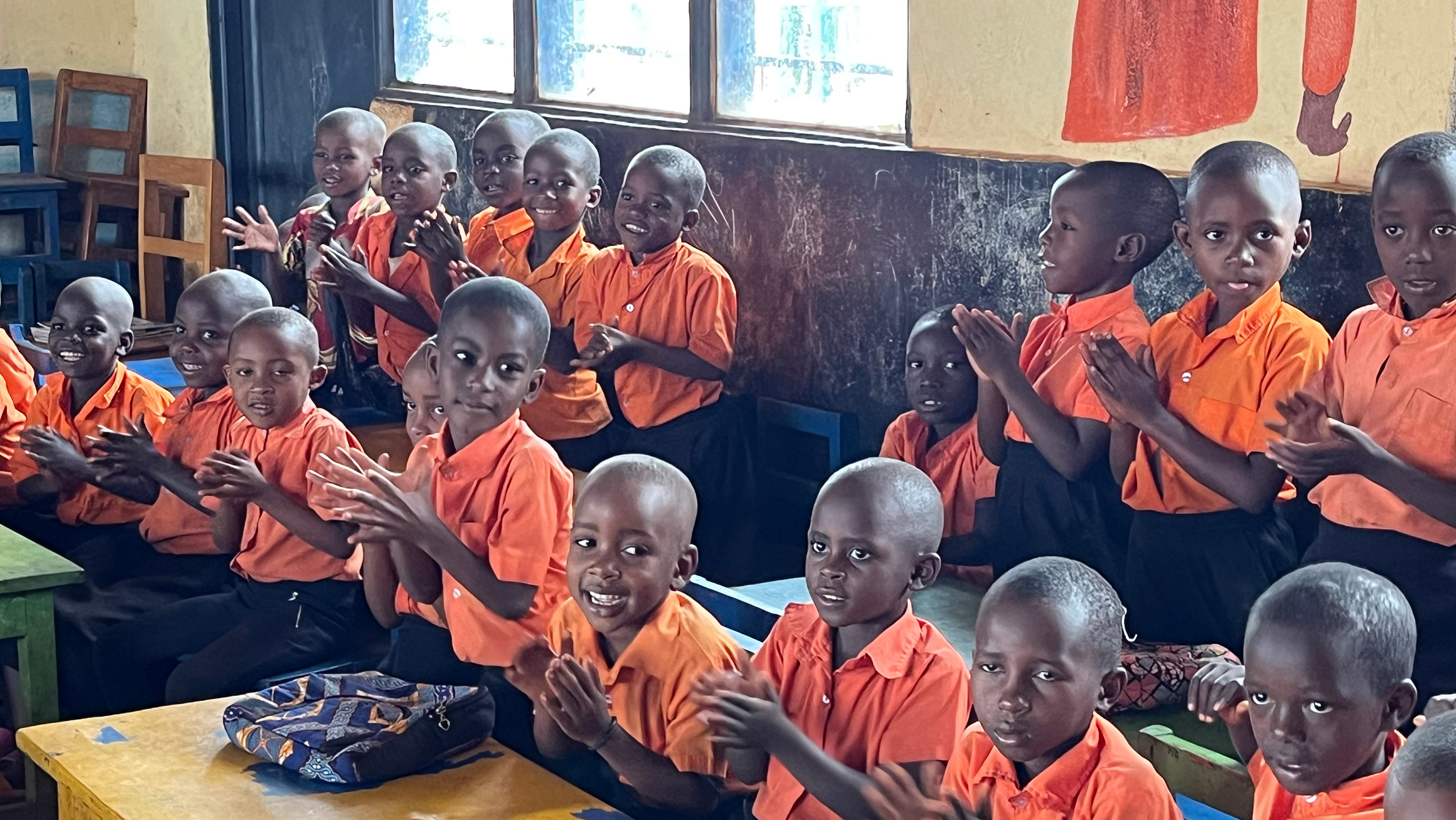Collaborating to combat childhood malnutrition in Rwanda
Tetra Pak East Africa is supporting its customer Inyange Industries, in collaboration with Rwanda’s National Child Development Agency, to improve access to safe nutrition among children and boost the local economy.

The fight against childhood malnutrition
Childhood malnutrition is a pressing issue in Rwanda, with 38% of children under five facing chronic malnutrition and 37% suffering from anaemia.1 These statistics highlight a significant barrier to the nation’s future economic productivity and development. For policymakers, addressing childhood malnutrition is a critical step towards securing the well-being of future generations and promoting national growth.
In response, the Rwandan government has prioritised child nutrition as a cornerstone of its strategy to combat malnutrition and hunger. Its National Comprehensive School Feeding Policy aims to provide educational opportunities, especially for disadvantaged children from low-income families, while supporting local agricultural development.
UHT technology promotes nutritional access
To tackle the dual challenges of food safety and access to safe nutrition, Tetra Pak East Africa customer Inyange Industries signed an agreement with Rwanda’s National Child Development Agency to address food safety issues and access to safe nutrition for children. Tetra Pak Food for Development is providing technical assistance and sharing best practices used in school feeding programmes worldwide. The collaboration aims to deliver two million litres of Ultra-High Temperature (UHT) milk to schools and early childhood development centres throughout the country.
UHT technology is a key enabler. By processing and packaging milk in Tetra Fino® Aseptic cartons, milk can be stored without refrigeration for six months, while still retaining vital nutrients such as protein, calcium and vitamin D. This is particularly important in regions with unreliable electricity and a lack of cold chain infrastructure to ensure that even children in remote areas have access to safe, nutritious milk.
Healthier kids, brighter futures and thriving local economies
Regular access to nutritious milk not only improves children’s health but also encourages school attendance and helps to boost literacy rates. Additionally, the development of the local dairy value chain creates jobs and sustainable livelihoods for smallholder farmers and helps reduce rural poverty.
“The challenge of providing all Rwanda’s children with safe, adequate nutrition is no small task,” said Jonathan Kinisu, Managing Director – Tetra Pak East Africa. “To be effective, it requires cooperation between the public and the private sectors. Each organisation participating in this collaborative initiative has something valuable to contribute.”
Expanding access to safe nutrition
With a vision to serve UHT milk to 100,000 children across Rwanda, this initiative is just the beginning. The next phase plans to diversify the variety of food products for children by developing innovative and affordable nutritious formulations. Through public and private collaboration, Rwanda is taking a significant step to improve childhood nutrition, ultimately building a brighter, healthier tomorrow for its youngest citizens.
1 Demographic and Health Survey by the National Institute of Statistics of Rwanda, the Ministry of Health, and ICF International (2015).